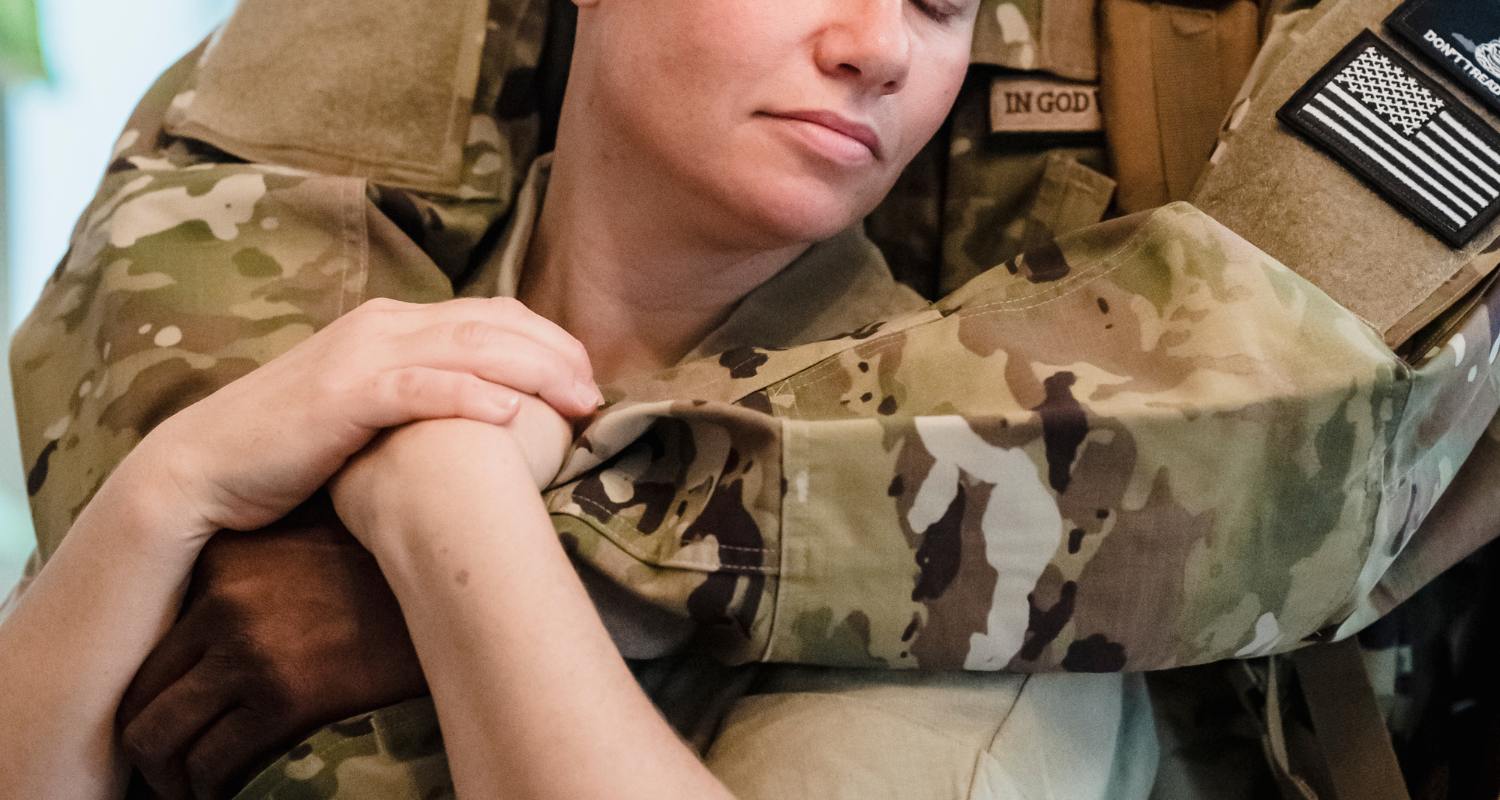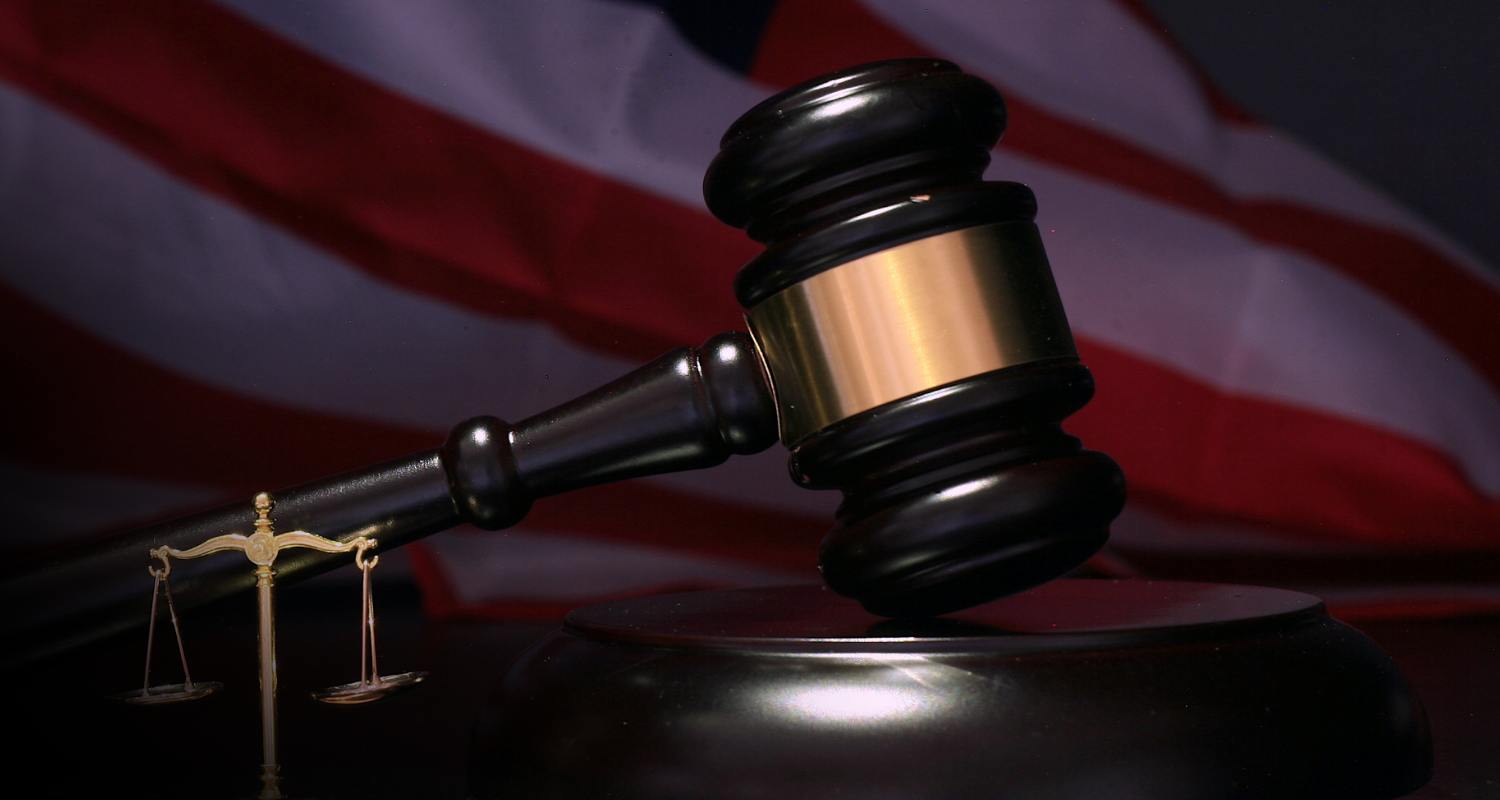Military Fraternization Lawyer Jacksonville, NC
Home » Military Defense Lawyer » Fraternization
Military Counsel
Experienced Criminal Defense Attorney for Fraternization in the Military
If you have been accused of fraternization, it is critical to speak with a military fraternization defense lawyer as soon as possible. These types of allegations can seriously damage your career, reputation, and future within the armed forces – especially when they involve accusations of improper relationships between ranks or violations of professional boundaries. Early intervention can make a major difference in how your case is investigated, charged, and resolved.

As a former Marine-turned-military criminal defense attorney, Attorney Aden Wilkie has extensive experience and knowledge when it comes to complex cases like those involving military fraternization or adultery. He understands the nuances of military regulations, the Uniform Code of Military Justice (UCMJ), and how command structures handle such sensitive matters.
As your attorney, he will assess the facts, review communications and evidence, and develop a strategy to protect your rights and career. Contact The Wilkie Law Group via our online intake form or by calling (910) 333-9626 to schedule a confidential consultation and find out if our firm is the right fit for you.
Is Fraternization Illegal?
Outside of the armed forces, forming friendships or developing close bonds is entirely normal and lawful. However, the military holds its personnel to a higher standard of conduct, which includes close oversight of relationships between service members. This means that within the ranks, such relationships may violate regulations designed to preserve discipline, respect, and the integrity of the chain of command.
While sexual relations and extramarital affairs can lead to charges of adultery, fraternization laws go further – restricting personal relationships between officers and enlisted members, even when no sexual conduct is involved. When these boundaries are crossed, the accused may face nonjudicial punishment (NJP), adverse administrative action, or even a court-martial trial for their alleged behavior.

What is Fraternization in the Military?
In the military, fraternization refers to inappropriate relationships between service members that might vary from business relationships to friendships to sexual or romantic relationships. Such relationships between military members of various ranks and roles are forbidden because they may potentially jeopardize the chain of command and good order and discipline.
While the military does not prohibit all contact or professional interaction between members of unequal rank, it draws a clear line when those relationships compromise authority, create the perception of favoritism, or erode respect for command structure.
Article 134 UCMJ – Fraternization
The UCMJ considers military fraternization a punishable act when it threatens the authority, integrity, or discipline essential to maintaining good order within the armed forces. Specifically, a commissioned or warrant officer can be prosecuted for fraternization under Article 134 of the UCMJ if they:
- Fraternized with one or more subordinates in a manner inconsistent with military equality or professionalism.
- Violated established regulations prohibiting officers from engaging in inappropriate relationships with subordinates.
- Compromised good order and discipline within the unit or brought disrepute upon the armed forces in the eyes of the public.
Examples of Fraternization in the Military
The laws governing fraternization are not entirely rigid and can allow for limited exceptions under specific circumstances. Examples include:
- Preexisting marriages (when an officer and enlisted service member were married before joining the military or before the anti-fraternization regulation was implemented)
- Prior professional or business relationships (i.e., National Guard commander and enlisted member who had established employment relationships in their civilian occupations before serving together)
- Social or community interactions (situations in which officers and enlisted personnel interact as part of small or close-knit communities, particularly in Reserve or Guard units, where boundaries can be harder to maintain)
Even with these exceptions, all relationships are still subject to fraternization laws if they appear to jeopardize the chain of command, influence judgment, or undermine good order and discipline. Because the perception of favoritism alone can result in disciplinary action, it is vital to seek guidance from an experienced military fraternization defense lawyer when questions arise.
How Fraternization Allegations Arise
Allegations are often based on reports from subordinates or superior officers who believe that an inappropriate relationship has negatively impacted morale, discipline, or the chain of command. They may also emerge from command investigations or Inspector General complaints following rumors, observed conduct, or formal reports of misconduct. In some cases, false accusations could arise from misunderstandings, personal disputes, or perceived favoritism within a unit.
In today’s digital environment, text messages, social media activity, and witness statements are frequently used as evidence to suggest an improper relationship, even when no wrongdoing occurred.

What is the Punishment for Fraternization in Military?
The punishment for fraternization in the military depends on the severity of the misconduct, the ranks involved, and how much the relationship affected good order and discipline.
Penalties may include nonjudicial punishment (Article 15), reduction in rank, forfeiture of pay, administrative separation, or even a court-martial conviction leading to dismissal from service and a federal criminal record. The exact outcome often hinges on the strength of the evidence, the nature of the relationship, and the impact on the chain of command.
Because the consequences can be life-changing, anyone accused of fraternization should contact an experienced military defense attorney immediately.
Military Fraternization Administrative Action
Once again, punishments vary depending on the gravity of the event and the overall impact on the unit’s chain of command and morale. While some situations may lead to formal charges, most fraternization offenses are handled through administrative or nonjudicial means rather than a full court-martial.
For minor or isolated incidents, the accused may receive a verbal or written reprimand, counseling, or loss of privileges. However, repeated or more serious violations can lead to adverse administrative actions, including reduction in rank, reassignment, or administrative separation from service. Regardless of the perceived severity, it’s always wise to consult an experienced attorney to ensure your rights and career are protected throughout the process.
Criminal Penalties Under Article 134
In more serious cases of military fraternization, a court-martial may be convened under Article 134 of the Uniform Code of Military Justice (UCMJ). During these proceedings, the accused retains the same rights afforded in any criminal trial, including representation by legal counsel, the right to confront witnesses and evidence, and the right to appeal a conviction.
If found guilty at a court-martial, the penalties can be severe. Possible punishments include dismissal from service, forfeiture of pay and allowances, and up to two years of confinement.
Other potential penalties include, but are not limited to, the following:
- Suspension from duties for 30 days
- 30 days of confinement to your quarters
- Additional duties or responsibilities
- Docked half a month’s pay for two months
Career Impacts From a Military Fraternization Conviction
Beyond the legal consequences, a fraternization conviction can have devastating and long-lasting effects on a service member’s military career and post-service opportunities. It can derail future promotions, eliminate the possibility of reenlistment, and potentially result in the loss of security clearance or specialized assignments.
Additionally, a less-than-honorable discharge can make it difficult to qualify for veterans’ military benefits, including the GI Bill and retirement eligibility. Outside the military, a fraternization conviction may appear on background checks, creating barriers to civilian employment, especially in government or defense-related fields.

When Fraternization Becomes Adultery
While military fraternization and adultery are separate offenses under the UCMJ, the two can overlap depending on the circumstances. Fraternization refers to improper personal relationships between military personnel of different ranks, while adultery involves sexual intercourse between a service member and someone other than their spouse. As such, when an inappropriate relationship involving a married service member crosses the line into sexual activity, it can lead to dual charges of fraternization and adultery in the military.
Both offenses are treated seriously because they can undermine trust, respect, and discipline within the chain of command. If you are facing allegations of either or both offenses, it is critical to speak with an experienced fraternization and adultery lawyer who understands the nuances of military law and can build a defense to protect your rights, career, and reputation.
What are Some Defenses Against Fraternization in the Military?
In military legal proceedings, the accused is presumed innocent until proven guilty, just as in civilian courts. Service members accused of fraternization have several possible defenses available depending on the facts of the case. A skilled military defense lawyer will work to weaken the prosecution’s arguments by identifying gaps, inconsistencies, or procedural errors in the government’s case. They may also rely on expert testimony or command evaluations to demonstrate that the alleged conduct did not compromise discipline or respect within the unit.
Common defenses against fraternization charges include proving that:
- The accusation was false or based on a misunderstanding.
- The chain of command was not obstructed or compromised in any way.
- The alleged relationship was professional or supportive of official duties.
- There was a lawful marriage between the parties involved.
Each case is unique, and the most effective defense strategy will depend on the specific facts, evidence, and command climate. Working with an experienced military fraternization lawyer is essential to ensure your rights are protected and your case is presented in the strongest possible light.
Should I Hire an Attorney for Fraternization Allegations?
If you are facing criminal charges or administrative action for fraternization, it is absolutely essential to have an experienced military criminal defense attorney on your side. These cases can be complex, involving sensitive evidence, multiple witnesses, and interpretations of conduct that may be subjective or based on perception rather than fact. An attorney with experience in military fraternization and adultery cases can help you organize and prioritize evidence, ensuring that your side of the story is clearly and persuasively presented to command authorities or a court-martial panel.
Your lawyer can also identify and prepare witnesses who can testify to your good character, professional achievements, and duty performance, helping to counter any negative assumptions. Moreover, they understand the procedures and politics of the military justice system, which can make a significant difference in the outcome of your case.
With the right legal representation, you have the best chance of protecting your reputation, preserving your career, and securing the most favorable result possible.

Why Service Members Trust The Wilkie Law Group
Service members across all branches choose The Wilkie Law Group for its reputation of proven results in defending Marines, Sailors, Airmen, and Soldiers in complex military criminal cases across North Carolina and the entire United States. Led by former Marine Aden Wilkie, the firm provides personalized attention and confidential legal guidance, ensuring that each client receives focused representation tailored to their unique circumstances.
Our attorneys approach every case with a deep respect for the sacrifices and dedication of those who serve. Whether you are facing military investigation, have been met with an administrative action, or are charged with fraternization or adultery, you can rely on The Wilkie Law Group’s unwavering commitment to protect your rights, your reputation, and your future.
How The Wilkie Law Group Represents Military Clients
As an experienced military fraternization lawyer, Mr. Wilkie and his team take a strategic, hands-on approach to defending personnel representing their country in all branches of the armed forces. Every case begins with a detailed review of military records, communications, and command reports to uncover inconsistencies, procedural errors, or weak evidence. From there, the firm develops a custom defense strategy tailored to the service member’s branch, rank, and individual circumstances, ensuring that every possible defense is explored.
Our advocacy is focused on preserving military careers, protecting reputations, and maintaining honorable service records. With extensive experience in both military and civilian legal systems, The Wilkie Law Group provides the knowledge, precision, and dedication needed to achieve the best possible outcome for every client.
Why Choose a Civilian Military Defense Attorney Near Camp Lejeune & Fort Bragg
When facing allegations of fraternization / adultery or similar charges in the military, choosing the right attorney can make all the difference. With law offices in Hampstead and Jacksonville, North Carolina, The Wilkie Law Group provides a local presence and convenient access to major military installations like Camp Lejeune, Fort Bragg, and Cherry Point. This proximity allows for timely communication, in-person meetings, and a deeper understanding of local command dynamics.
As independent counsel, Attorney Aden Wilkie focuses exclusively on protecting the accused—not the command—ensuring your rights and interests remain the top priority. With years of experience working within the framework of military justice procedures and a deep understanding of the Uniform Code of Military Justice, Mr. Wilkie brings the insight and precision needed to defend service members against serious allegations while safeguarding their careers and reputations.
Call Aden Wilkie, Military Fraternization Defense Attorney in Jacksonville, NC
As a seasoned military defense attorney in North Carolina and nationwide, Aden Wikie is committed to providing the strongest possible defense for service members accused of fraternization, adultery, or other criminal offenses within the military justice system. He and his legal team will take the time to thoroughly investigate every detail of your case, carefully reviewing the evidence, command reports, and witness statements to challenge the allegations made against you.
Your career, reputation, and future are too important to risk. Do not leave your military career hanging in the balance. Contact a military fraternization defense lawyer at The Wilkie Law Group by calling (910) 333-9626 or via our online intake form to schedule a confidential consultation today.
